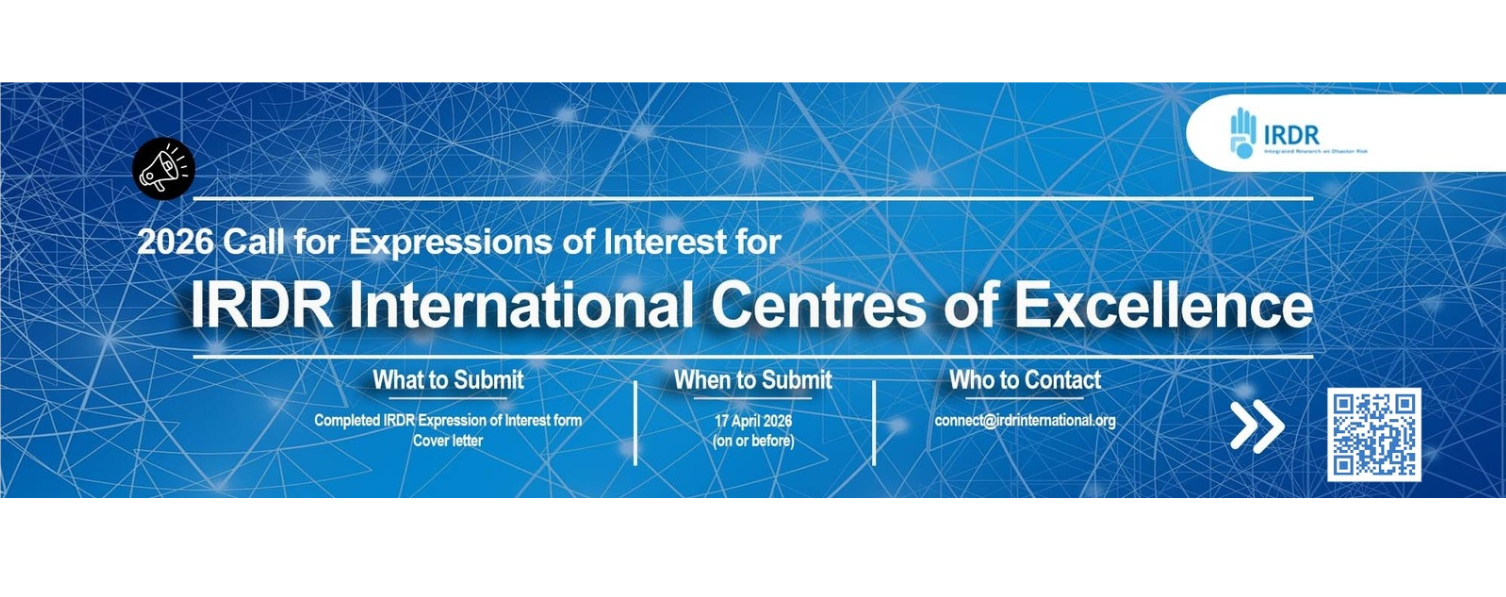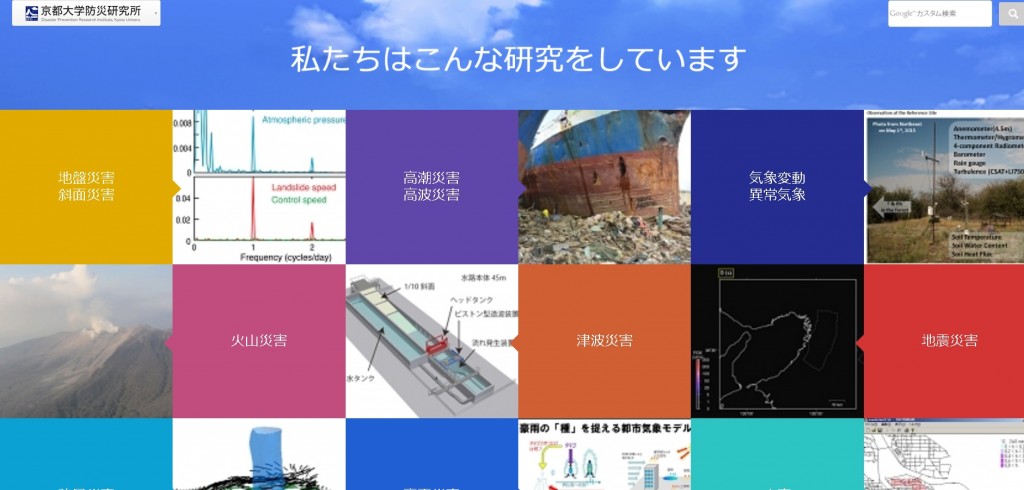|
No images? Click here



Why climate-change 'loss and damage' will be a hot topic at COP27
As large parts of the planet struggle with climate-inflicted woes, from floods in Pakistan to forest fires in the United States, the thorny issue of how to address "loss and damage" driven by global warming has risen up the political agenda. Nine years ago, U.N. climate negotiators agreed to set up a formal mechanism to tackle loss and damage - but little concrete has emerged, beyond a donor-backed effort to boost insurance against weather disasters in developing countries.
What does community-led climate work look like?
On stormy days—and sunny days too—residents of Jacksonville, Florida watch water filling the streets, rising up to stop signs, and spilling onto front stoops and into parked cars. As a result, annual flooding damage currently costs homeowners and insurance companies $20 million per year nationally, with economic losses concentrated in Florida and California.
Effective Communication Of Disaster Warnings Saving Lives In Fiji
Communication is key – especially when you are in the business of saving lives. During their Ignite session on the second day of the Asia-Pacific Ministerial Conference on Disaster Risk Reduction in Brisbane, Australia, the FMS presented on disaster risk communication and effective information sharing, in order to give people a better understanding of the importance of effective communication of warnings and understanding user needs.
Beavers can help mitigate the effects of climate change. But how significant is their impact?
The beaver is a unique ecosystem engineer that can create a landscape that would otherwise not exist, thanks to the animal’s ability to build dams. As we experience more frequent heatwaves and drought, the potential role of beavers in safeguarding against these risks has captured widespread attention.
Hurricane Ian capped 2 weeks of extreme storms around the globe: Here’s what’s known about how climate change fuels tropical cyclones
When Hurricane Ian hit Florida, it was one of the United States’ most powerful hurricanes on record, and it followed a two-week string of massive, devastating storms around the world. A few days earlier in the Philippines, Typhoon Noru gave new meaning to rapid intensification when it blew up from a tropical storm with 50 mph winds to a Category 5 monster with 155 mph winds the next day. Hurricane Fiona flooded Puerto Rico, then became Canada’s most intense storm on record. Typhoon Merbok gained strength over a warm Pacific Ocean and tore up over 1,000 miles of the Alaska coast.
Life-Saving Landslide Risk Communication in Puerto Rico
Hurricane Fiona brought wind and heavy rain to Puerto Rico on September 18, triggering hundreds of new landslides. In the mountain community of Naguabo on the east side of the island, a hillside collapsed, burying homes and cars. But residents and emergency workers were able to evacuate just in time before the debris flow occurred.


How to communicate risk when it feels like no one is listening
With climate change providing uncertainty, raising the importance of risk communication is critical when mapping out effective long-term climate responses. As our understanding of natural hazards and climate risk improves, how do we enable individual decision-makers to be best informed? In this paper, challenges and opportunities were identified for harnessing risk-informed data for disaster and climate resilience.
Harnessing risk-informed data for disaster and climate resilience
Disaster and climate risks result from a complex interaction between hazard, exposure, and vulnerability in a broad context defined by socioeconomic, political, and ecological factors. To better understand the risk and manage it more effectively, we need to collect, store, analyse, and use risk-informed data. We identified challenges and opportunities for harnessing risk-informed data for disaster and climate resilience.
The 2022 Global Climate Observing System (GCOS) Implementation plan
This is the latest in a series of implementation plans produced by the Global Climate Observing System (GCOS) programme since its inception in 1992. It provides a set of high priority actions which if undertaken will improve global observations of the climate system and our understanding of how it is changing.
2021 Progress report on the implementation of the UN plan of action on disaster risk reduction for resilience
This 2021 UN Plan of Action Progress Report presents the summary of progress with regard to the three Commitments of the UN Plan of Action, based on the Results Framework, as reported by UN organizations for the year 2021.
Extreme Weather and social connectedness community study- helping communities prepare for extreme weather events
This research project investigates and develops interventions to bolster social connectedness in Boston-area communities most vulnerable to the impacts of climate change. It aims to address questions including: How "socially-connected" do people feel within these vulnerable communities? What factors or mechanisms serve to strengthen (or weaken) social connectedness?
Strengthening Risk Analysis for Humanitarian Planning
This guidance details a step-by-step approach tailored to the Humanitarian Programme Cycle and development agenda to ensure it is based on comprehensive and robust forward thinking. It is aimed especially at facilitators involved in strategic planning, to prepare and facilitate joint analysis workshops taking place during the development of Humanitarian Needs Overviews using the Joint Intersectoral Analysis Framework (JIAF).


FAIR Convergence Symposium, 24 – 26 October in Leiden and Online: Programme and Registration
The 2nd FAIR Convergence Symposium is organised by CODATA and GO FAIR on 24 – 26 October 2022 in Leiden, The Netherlands, as part of the Week Focused on FAIR. This years’ edition will concentrate on smaller, high-priority, strategic and working meetings to encourage convergence on and implementation of FAIR. The meetings are being organised as hybrid events, allowing for both in-person and online participation.
International Day for Disaster Risk Reduction - 13 October
The primary goal of disaster risk reduction is prevention. But when that is not possible, then it is important to minimize the harm to people, assets and livelihoods through early warning systems.
Data Interoperability in China: practice and challenges (A GOSC DataIO Webinar) – 10 October 2022
The Chinese Academy of Sciences, the highest academic institution of natural sciences in China, started the exploration of sharing of scientific data in 1986, and continues to this day.
Short Course on Making Cities Resilient- 25 - 26 October 2022
Presented by Dr Jorge Diaz, this workshop will consider new insights from lessons learnt in the aftermath of disasters and its relation to building resilience (2000-2020). Case-Studies include; Chile, Peru, Mexico, Haiti, and Japan. Dr. Diaz has been involved in most of these events during the response, recovery, mitigation and preparedness stages.
First European conference on community disaster preparedness- 27 October
European Investment Bank Institute (EIB), in collaboration with the Red Cross Red Crescent Climate Centre, Luxembourg.

|
Tonkin + Taylor · 105 Carlton Gore Rd, Newmarket · Auckland, Auk 1023 · New Zealand
You're receiving this because you signed up for the DRR Data Newsletter
Preferences | Unsubscribe
|
|











